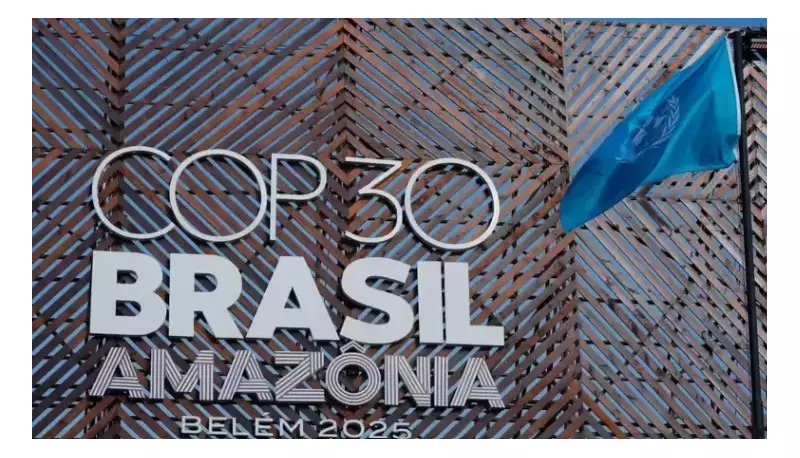
India Leads Developing Nations in Opposing EU Carbon Tax
India has strongly criticized unilateral climate-related trade measures like the European Union's Carbon Border Adjustment Mechanism (CBAM), labeling them as instruments of protectionism that contradict the spirit of the UN climate convention. The statement was delivered on Tuesday at the global climate conference (COP30) in Belém, Brazil.
Speaking on behalf of both the BASIC group comprising Brazil, South Africa, India and China and the Like-Minded Developing Countries (LMDC) coalition, India reiterated its firm opposition to the CBAM during the opening plenary session. The mechanism, scheduled for implementation from next year, will impose a border tax on carbon-intensive products including iron, steel, aluminium and cement entering the 27 EU nations.
Developing Nations Bear Disproportionate Burden
The CBAM will place significant tariff burdens on products originating from developing economies like India and China, creating additional challenges for their industrial sectors. Although India refrained from naming specific unilateral trade measures in its official remarks, the criticism was clearly directed at the EU's planned climate mitigation action.
Developing countries have attempted to include this contentious issue on the formal COP30 agenda for multilateral discussion, but face opposition from European Union member states. India has consistently argued since the CBAM's inception that it unfairly penalizes businesses in developing economies due to the embedded emissions in their manufactured products.
The Indian delegation specifically warned that micro, small and medium-sized enterprises operating in the steel and aluminium sectors would be particularly vulnerable to the mechanism's impacts, potentially undermining their global competitiveness.
Climate Finance Remains Critical Barrier
India's statement at COP30 reaffirmed the fundamental importance of equity and the principle of common but differentiated responsibilities and respective capabilities (CBDR-RC). The country emphasized the need for full and effective implementation of the Climate Convention, its Kyoto Protocol and the Paris Agreement.
Representing the BASIC and LMDC blocs, India expressed full and unwavering support for multilateralism and international cooperation on climate change, especially in the current complex geopolitical landscape. The statement highlighted that climate finance continues to represent the most significant obstacle to enhanced climate ambition.
India called for several critical financial measures, including a clear and universally accepted definition of climate finance, strengthened and scaled-up public finance flows for adaptation projects, and implementation of Article 9.1 of the Paris Agreement that legally obligates developed nations to provide financial support to developing countries.
The adaptation financing requirements currently exceed nearly fifteen times the existing financial flows, according to India's assessment. The delegation emphasized that adaptation represents an urgent priority for billions of vulnerable people in developing nations who have contributed minimally to global warming yet face the most severe consequences of climate impacts.
Additionally, India advocated for a robust outcome on the Global Goal on Adaptation (GGA), underscoring the need for concrete progress in building climate resilience among the world's most vulnerable populations.





